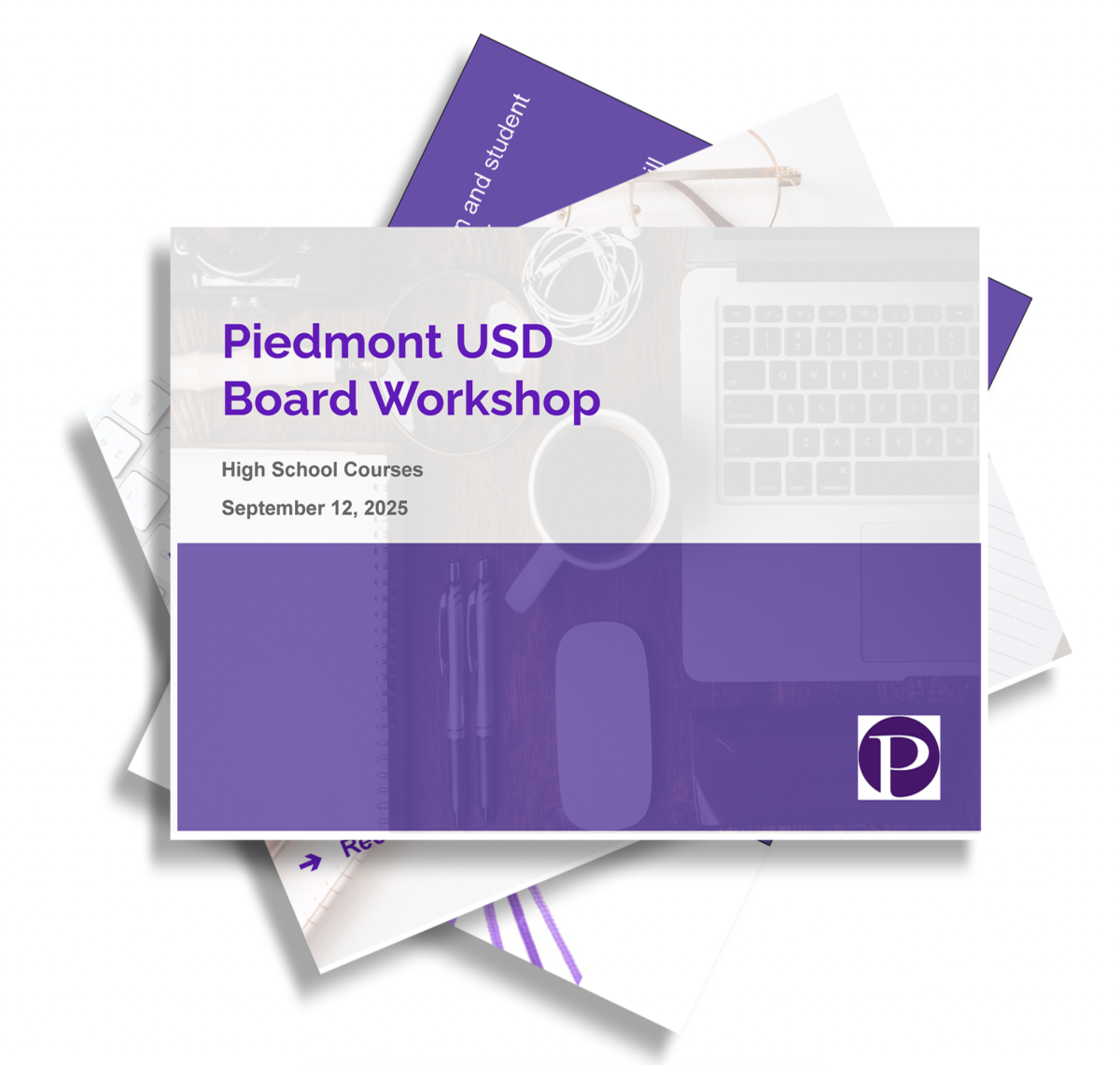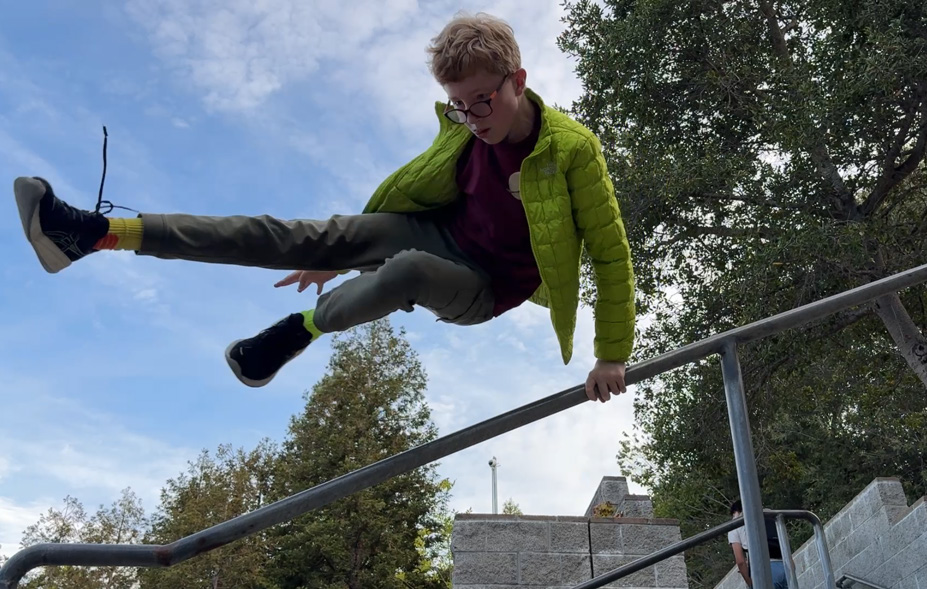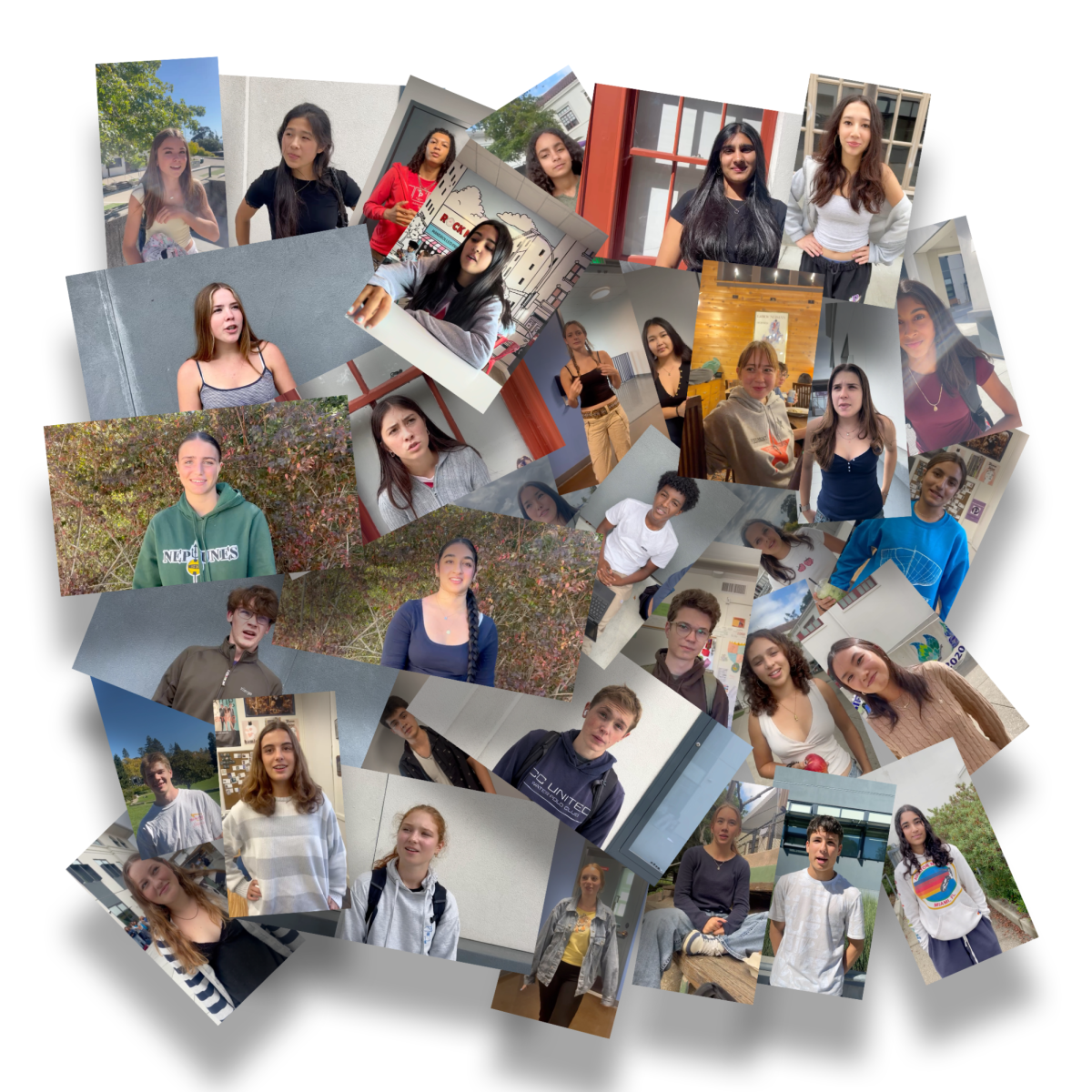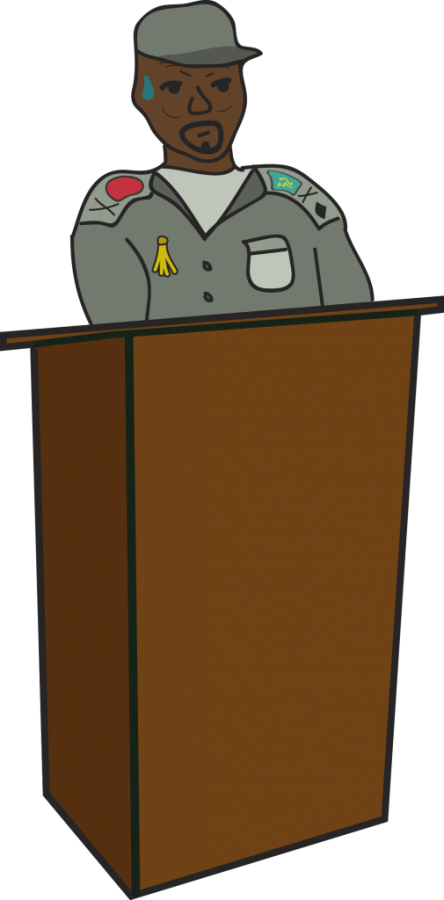 World Cultures classes held mock trials for international criminals accused of crimes under the International Criminal Court (ICC). The students were in charge of trying criminals accused of international crimes.
World Cultures classes held mock trials for international criminals accused of crimes under the International Criminal Court (ICC). The students were in charge of trying criminals accused of international crimes.
According to amicc.org, the ICC is a permanent international court that investigates, prosecutes, and tries individuals accused of committing the most serious crimes that directly affect the international community as a whole, “namely crimes of genocide, crimes against humanity, war crimes, and the crime of aggression.”
“The Criminal Court was created to go after people that probably wouldn’t get prosecuted for doing the terrible things that they have whether it’s because the leadership in that country gets to do whatever it wants or they might not have highly evolved justice systems,” World Cultures teacher Janine Sohn said.
People can often get away with crimes due to the lack of a country’s leadership, Sohn said.
“Usually it’s because the leader gets to decide what happens and it’s usually the leaders of these countries that are committing these crimes so they are never brought to justice,” Sohn said.
The criminals include:
Ahmad Harun: according to icc-cpi.int, is criminally responsible for 20 crimes against humanity and 22 counts of war crimes.
Joseph Kony: according to universaljurisdiction.com, this Ugandan rebel army leader is charged with 12 counts of crimes against humanity and 21 counts of war crimes. He is most well-known for his child army and his recruiting methods.
Jean Pierre Bemba: according to icc-cpi.int, the National of the Democratic Republic of the Congo was criminally responsible for two counts of crimes against humanity and three counts of war crimes.
Laurent Gbagbo: according to icc-cpi.int, this man was a “co-perpetrator” for four counts of crimes against humanity, including murder, rape, and other inhumane acts.
Students were divided into four groups and each member had to represent the prosecution, the defense, and the defendant.
“They were required to do some research and were also required to prepare the questions for the defendant so others had to prepare the answers to prove their innocence,” Sohn said.
The project taught students about the ICC and the legal process as a whole, including all of the important traits of an effective attorney.
“I wanted students to learn about not only just the legal process, but to also see that they really have to learn how to think on their feet especially when they’re asking the question and they don’t know how the other person is going to respond,” Sohn said.
Freshman Kalen Davison, who played Joseph Kony in the trial, said he learned skills that would come in handy outside of the classroom.
“I learned about how trials worked and how to make my statements and questioning more effective,” Davison said.
Freshman Cate Selna, who was part of the prosecution in the Gbagbo trial, found out the importance of a specific aspect of the nation’s legal system.
“I learned that our nation and other nations really do focus on due process of the law and how it works,” Selna said.
This recent addition ties into two facets of World Cultures.
“I feel that in World Cultures, I try to emphasize current events and this is something that’s relatively new, the court is only about 10 years old,” Sohn said. “It came up in the Africa unit because so far everybody who has been charged in the ICC has been African, too.”
Freshman Nate Stevens found time to have fun during the project despite the hard work.
“I liked the fact that I could yell back to the prosecution because I was on the defense,” Stevens said.
Selna also had fun during this project because it was different than any other project the class has done.
“I loved being in the trial and questioning the defendant. It was fun writing the questions and listening to the answers,” Selna said.





























